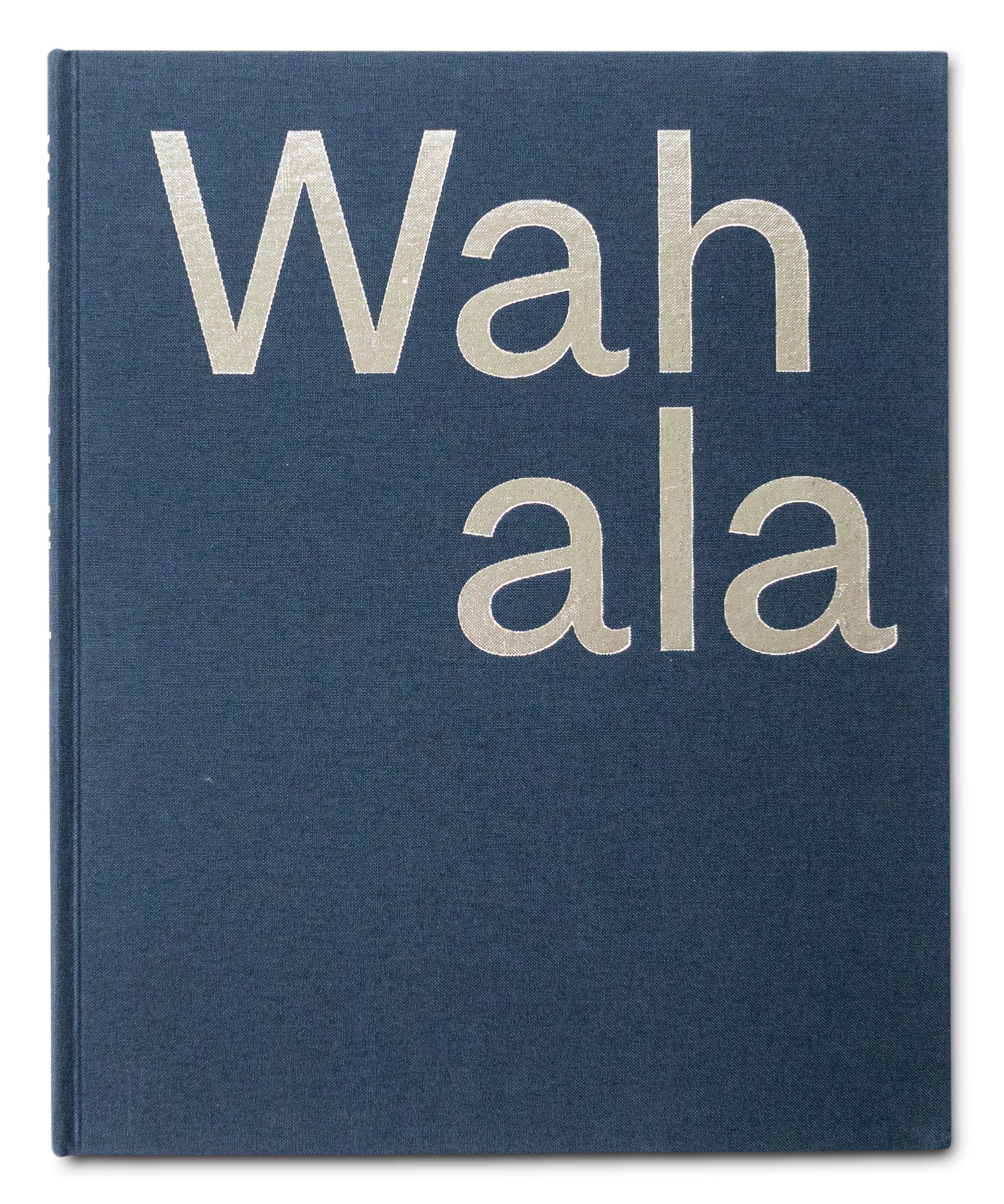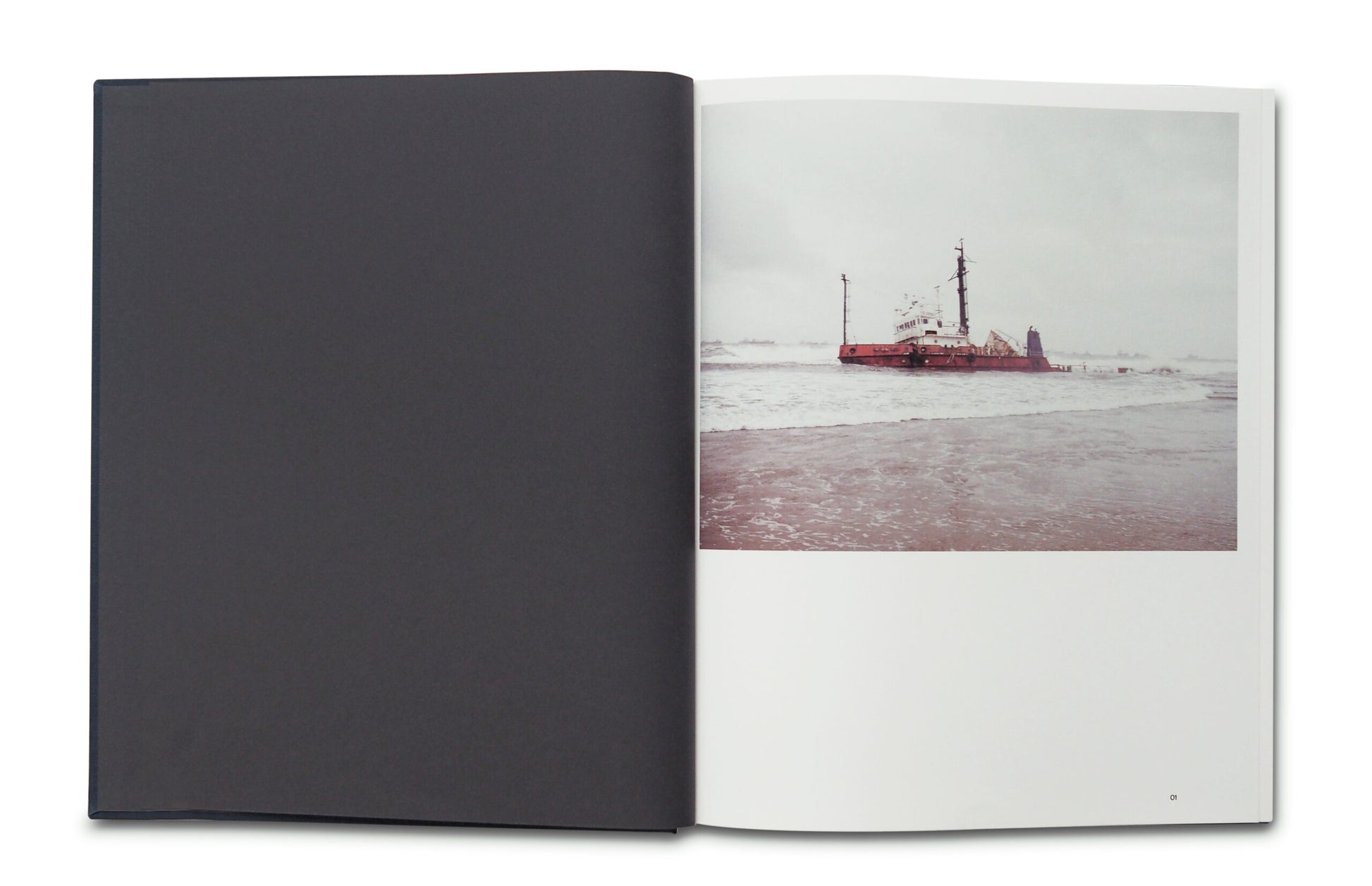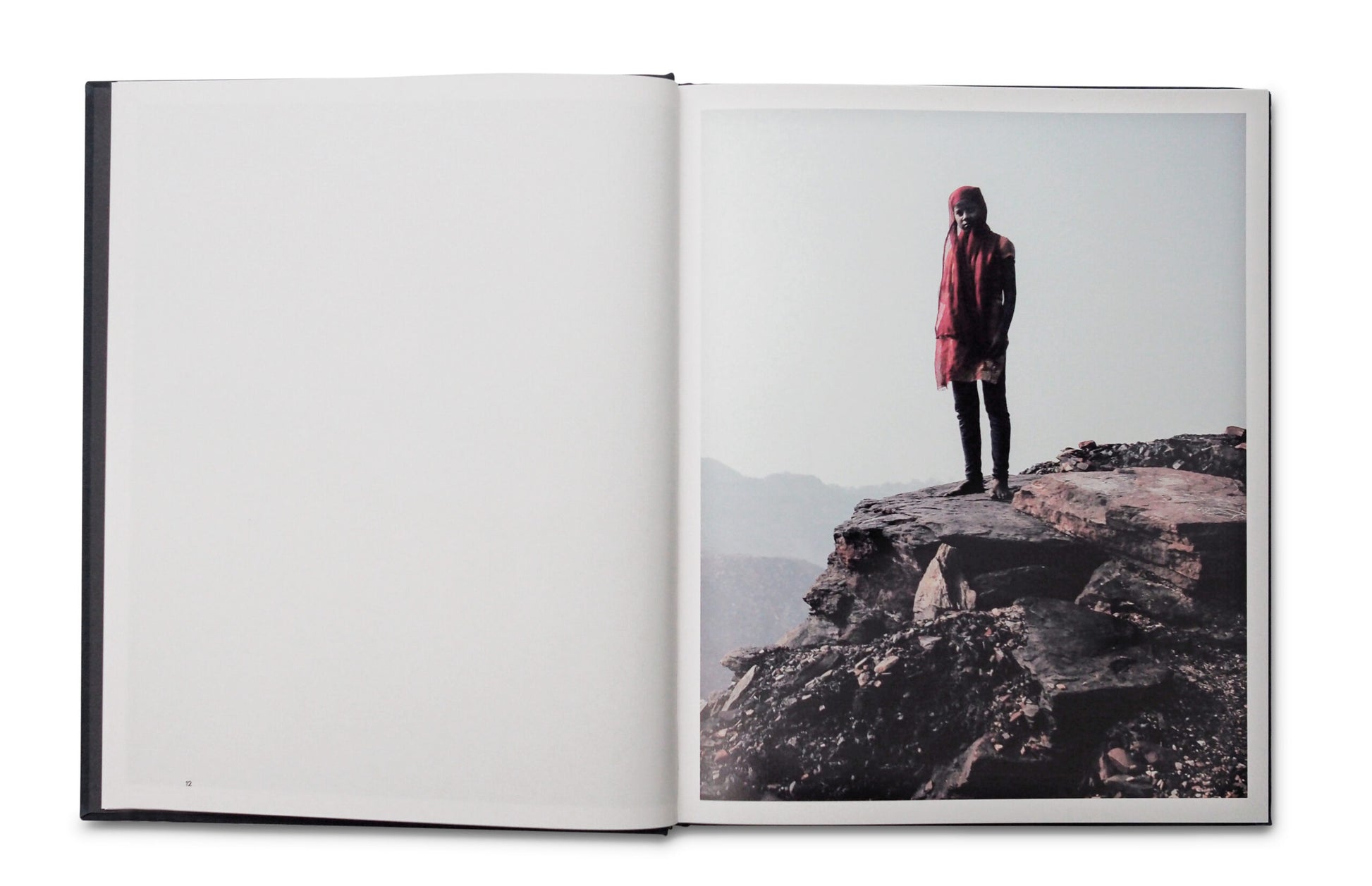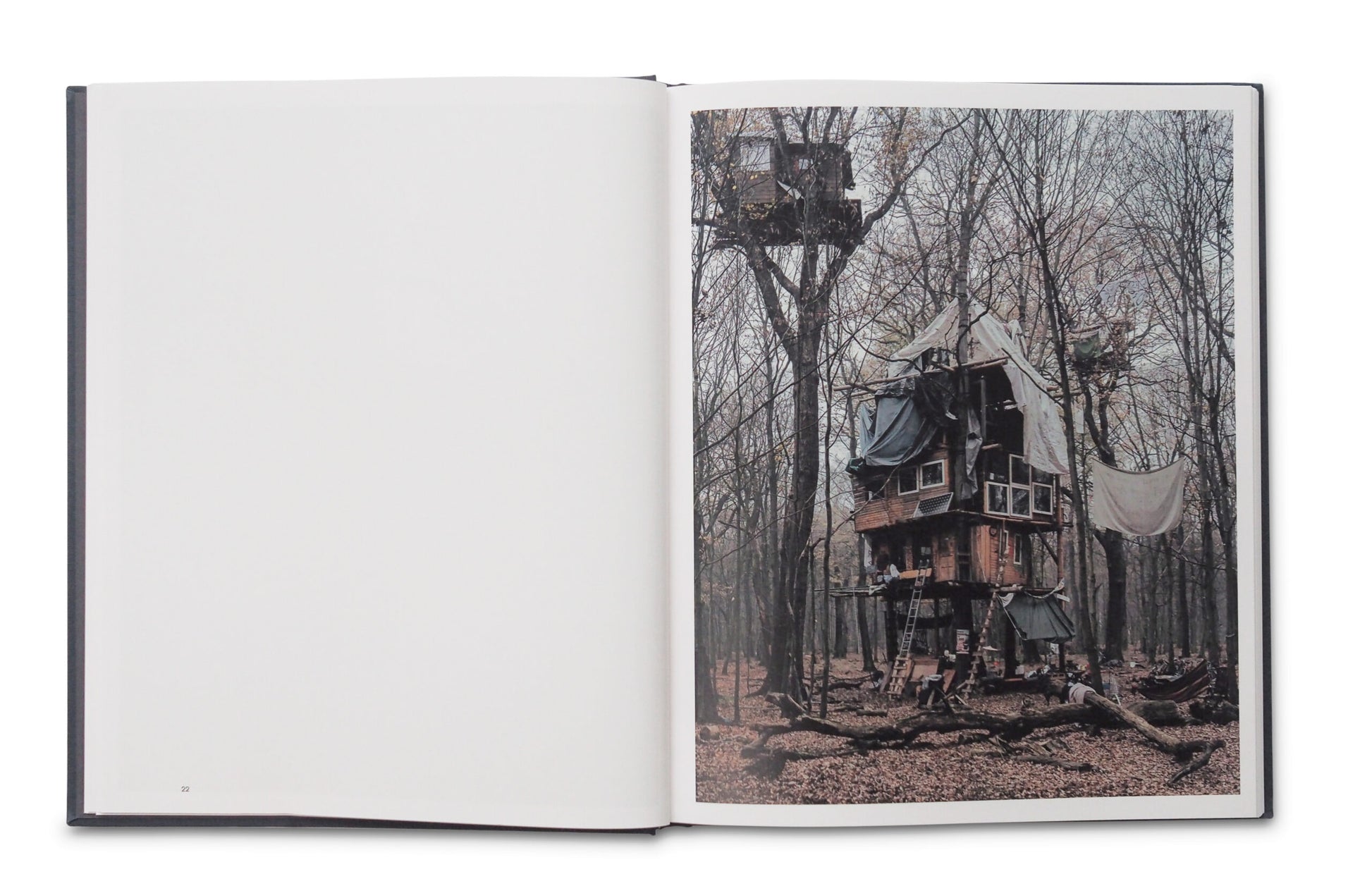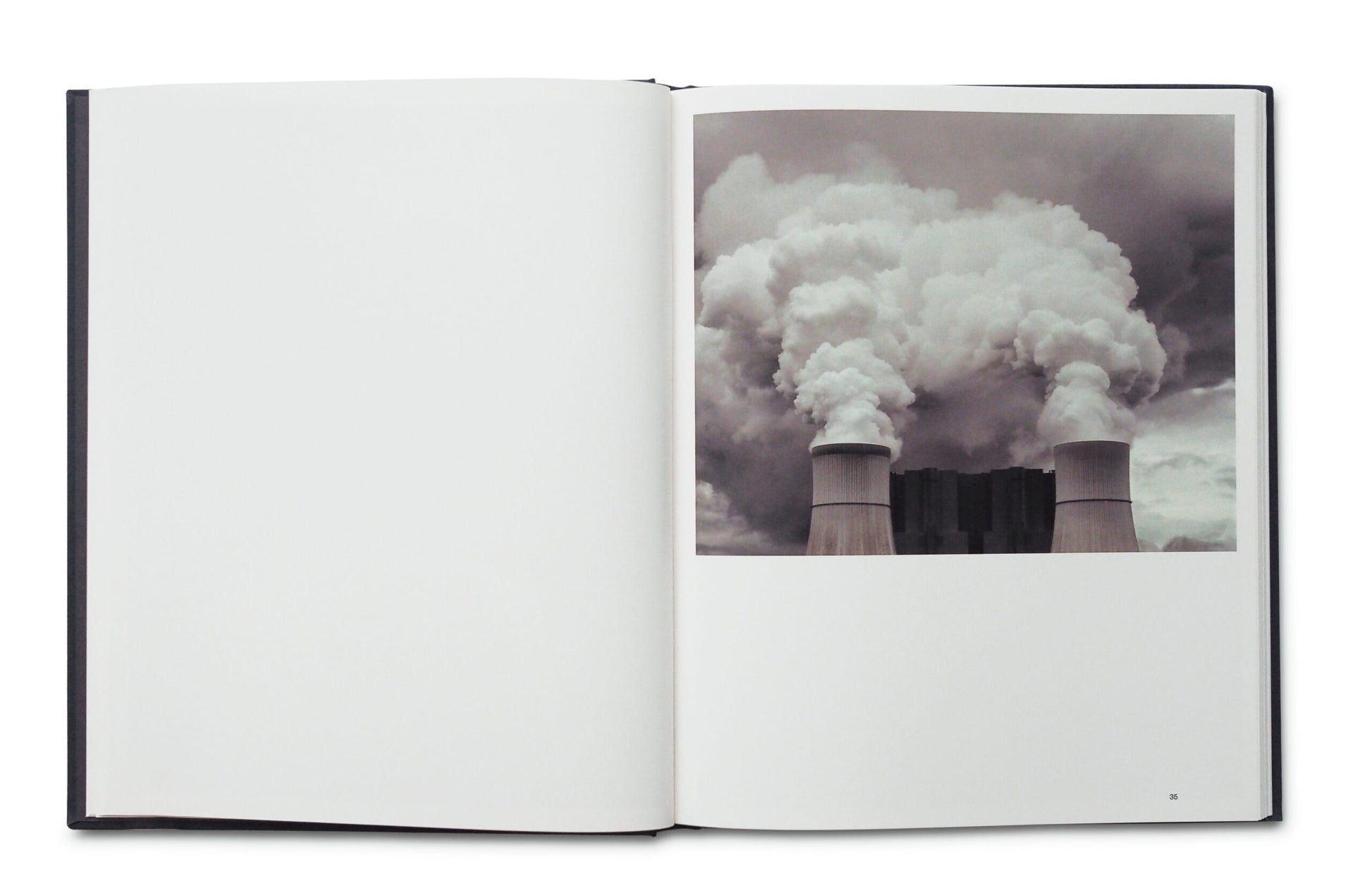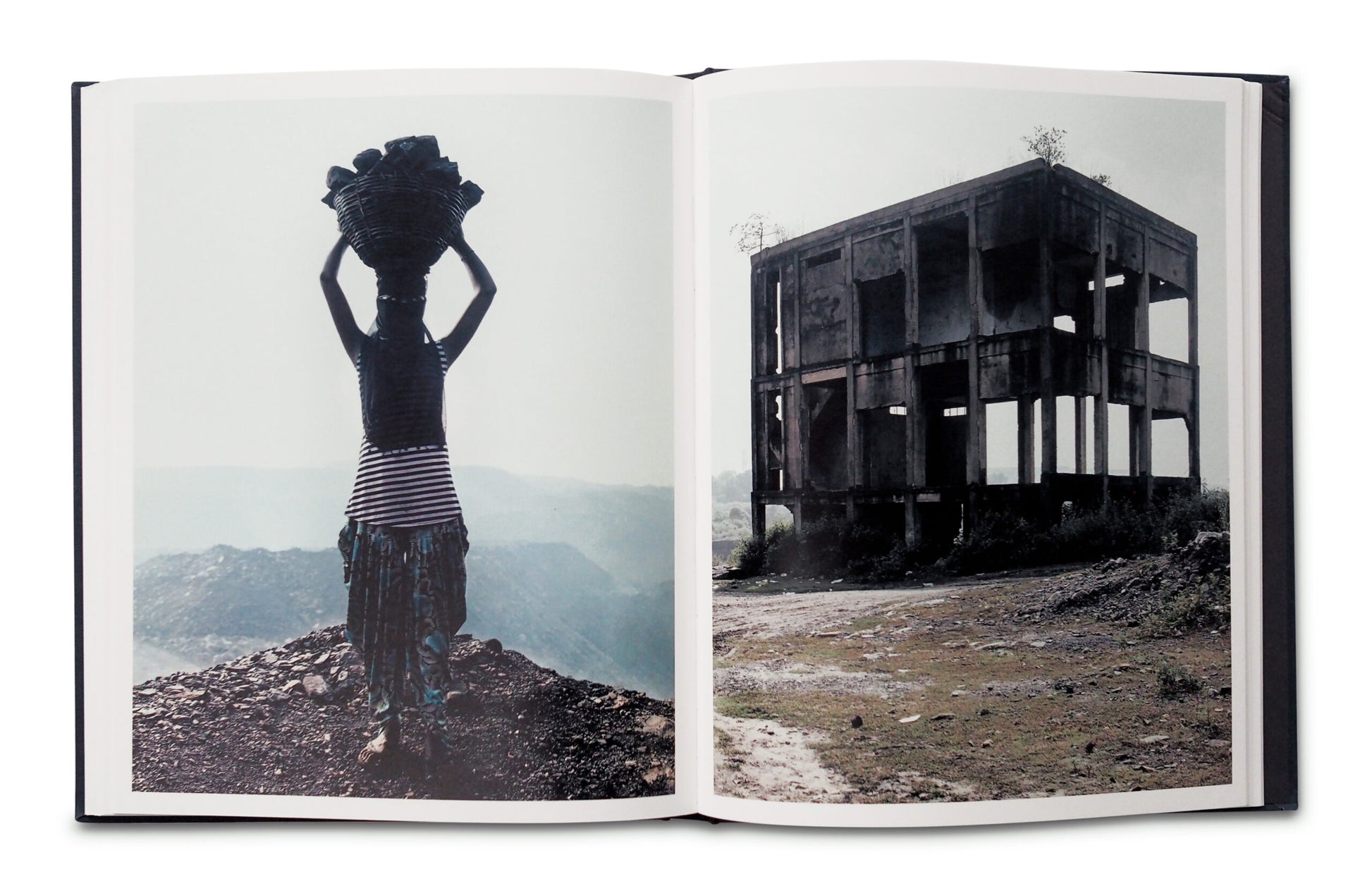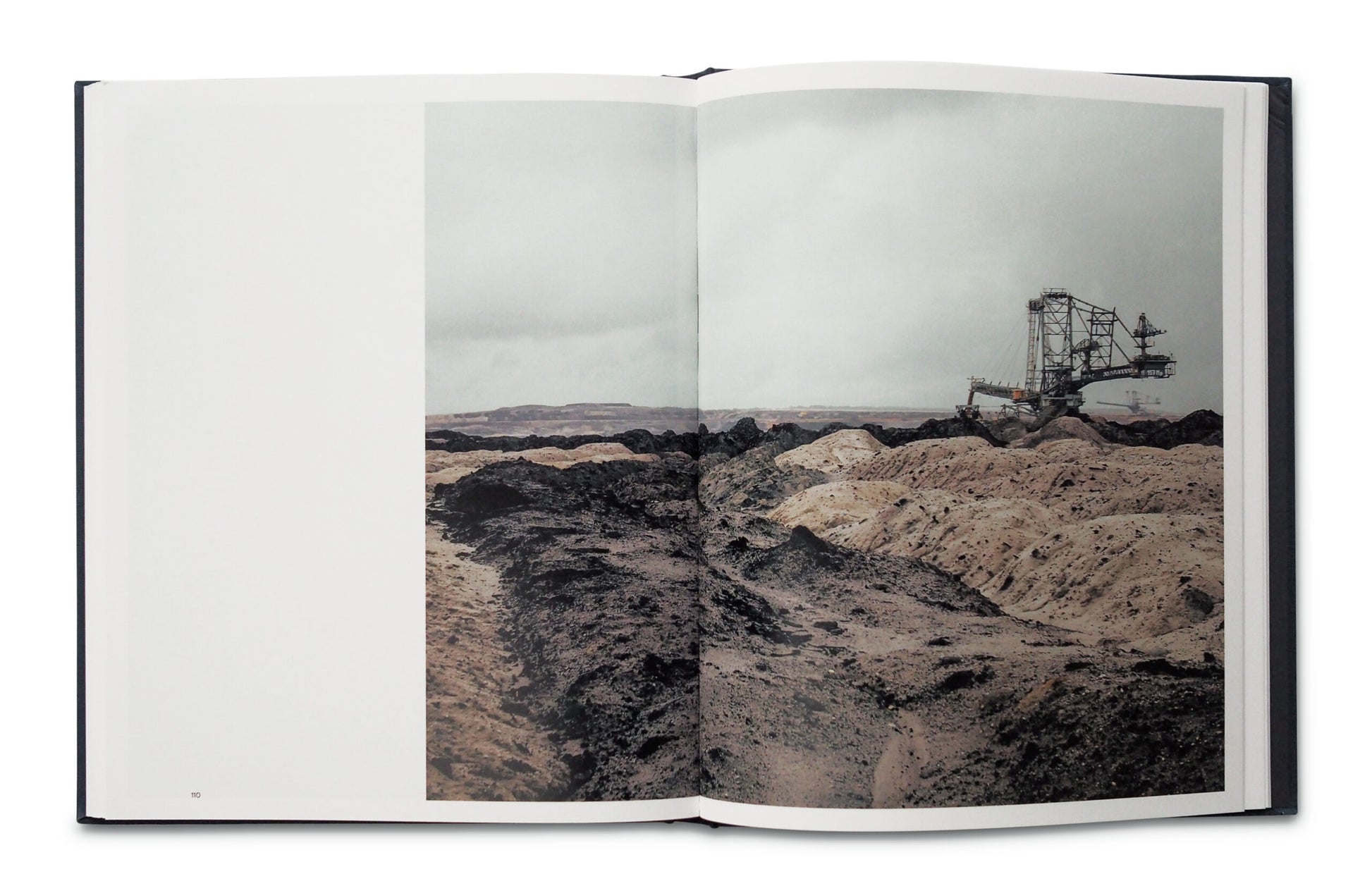Wahala - Signed
Wahala - Signed
by Robin Hinsch
Regular price
£45.00 GBP
Regular price
Sale price
£45.00 GBP
Unit price
per
Tax included for domestic orders. Customs duty and import tax may apply to international orders.
Couldn't load pickup availability
The images in Wahala depict both the places in the world where raw materials are extracted from the earth for profit, and the people who make their homes there. Photographer Robin Hinsch travelled to where the human impact on the planet was particularly visible to confront the viewer with the blunt ecological and human repercussions of the global reliance on fossil fuels.
More about this book
More about this book
Published December 2022 (Shipping from 12 December)
Texts by Moritz Frischkorn and Dr. Sophie Charlotte Opitz
245 x 300mm portrait
128 pages, 64 images
Hardback
ISBN 978-1-910401-86-6
Share
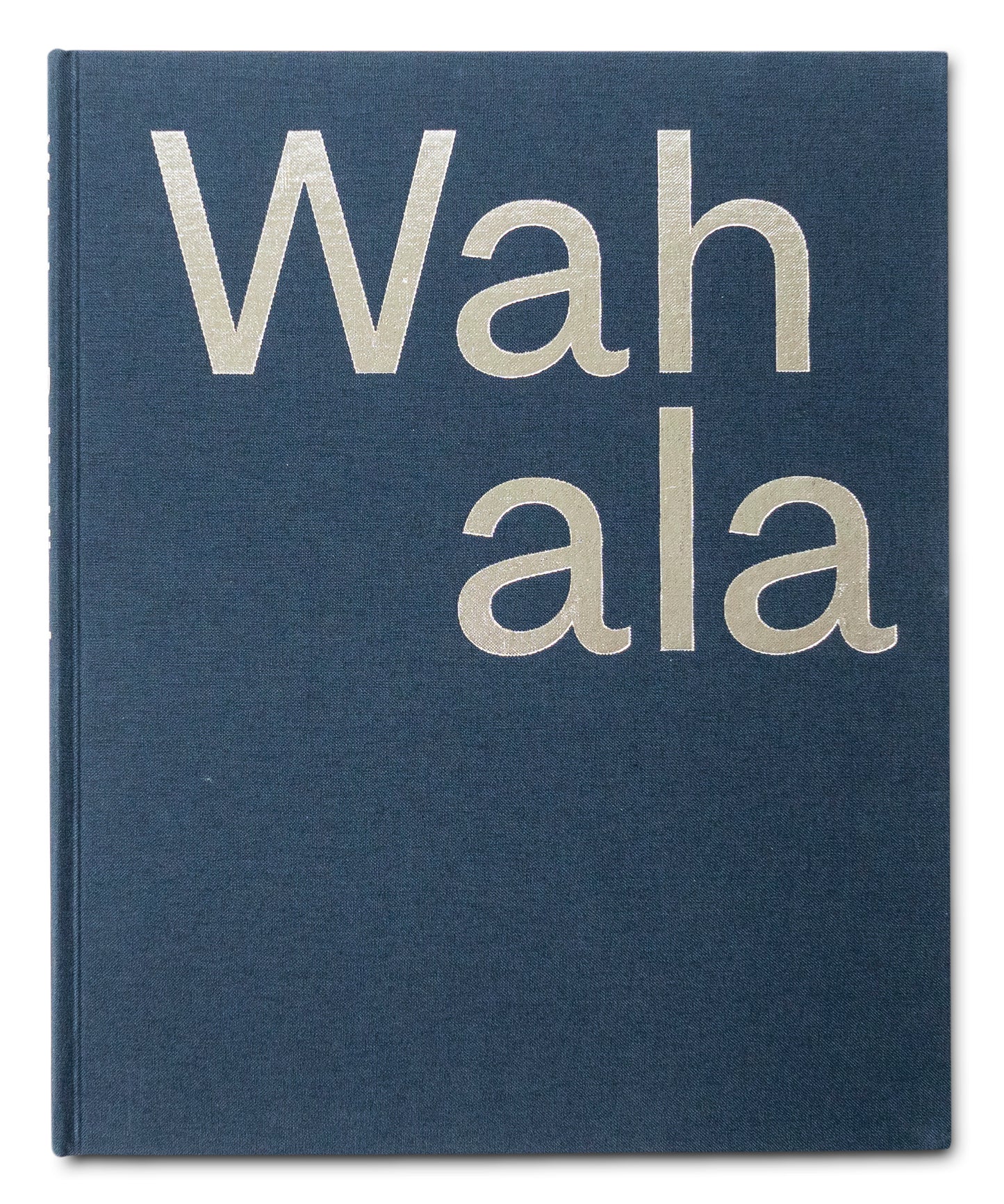
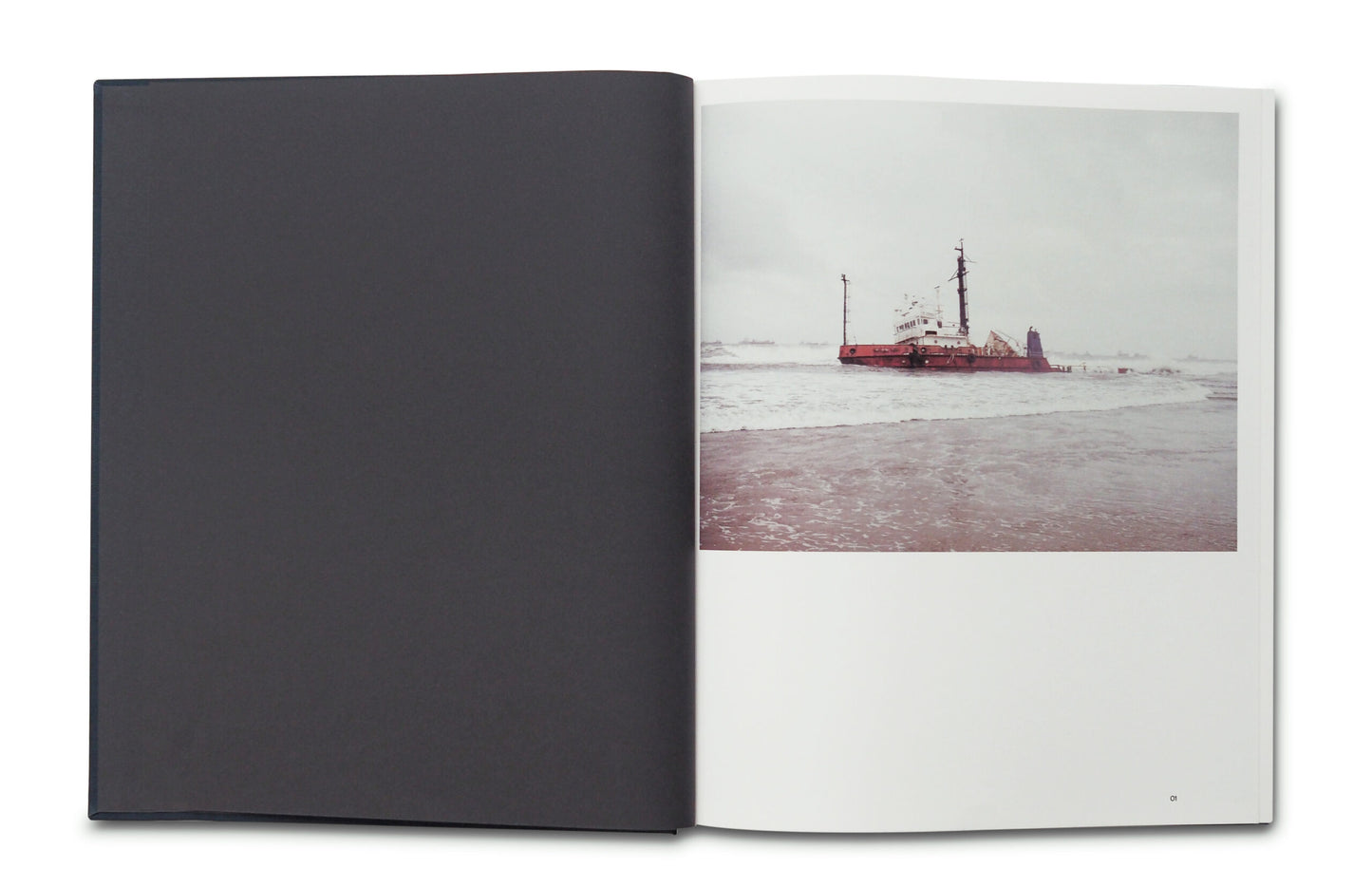
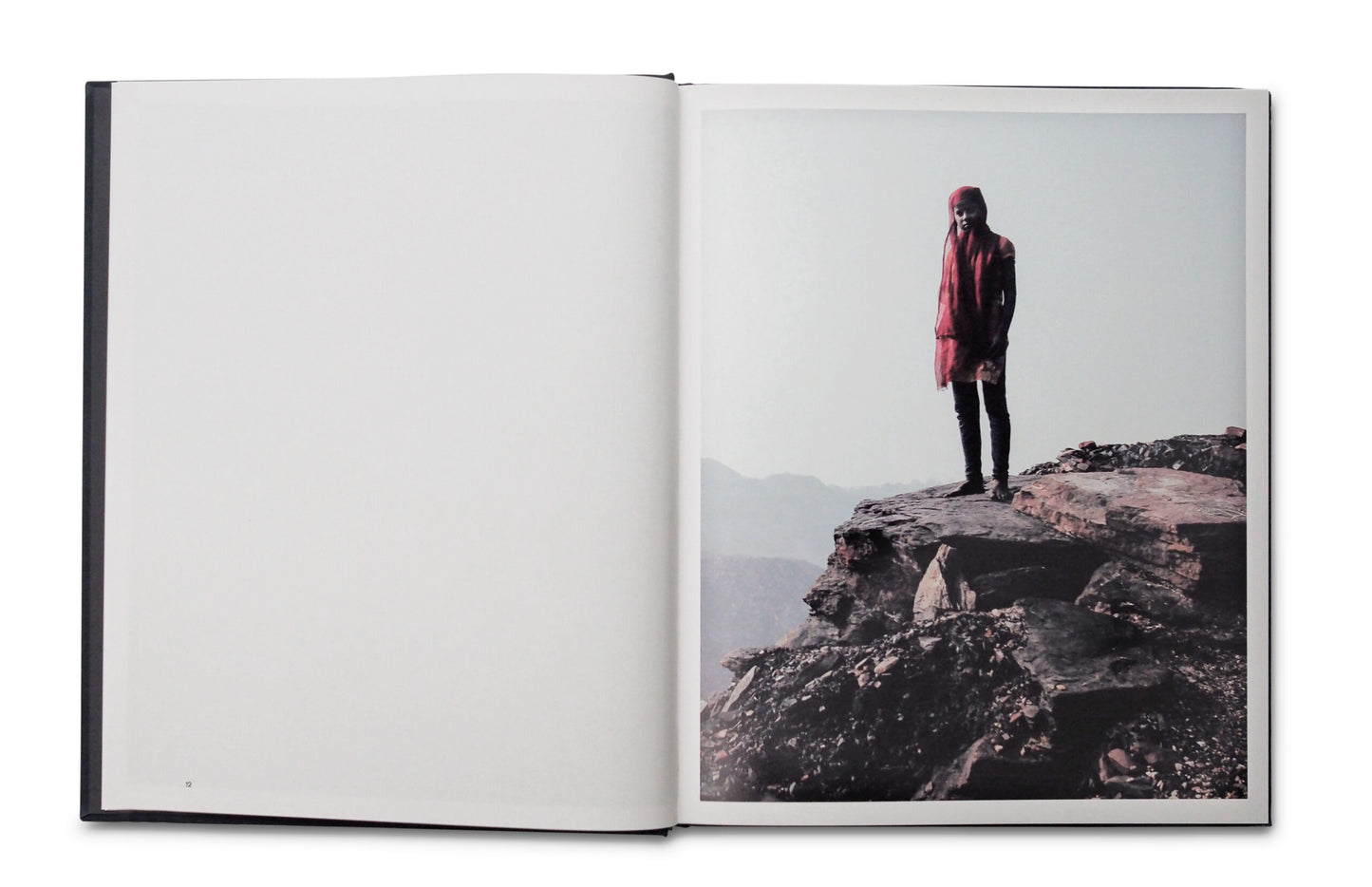
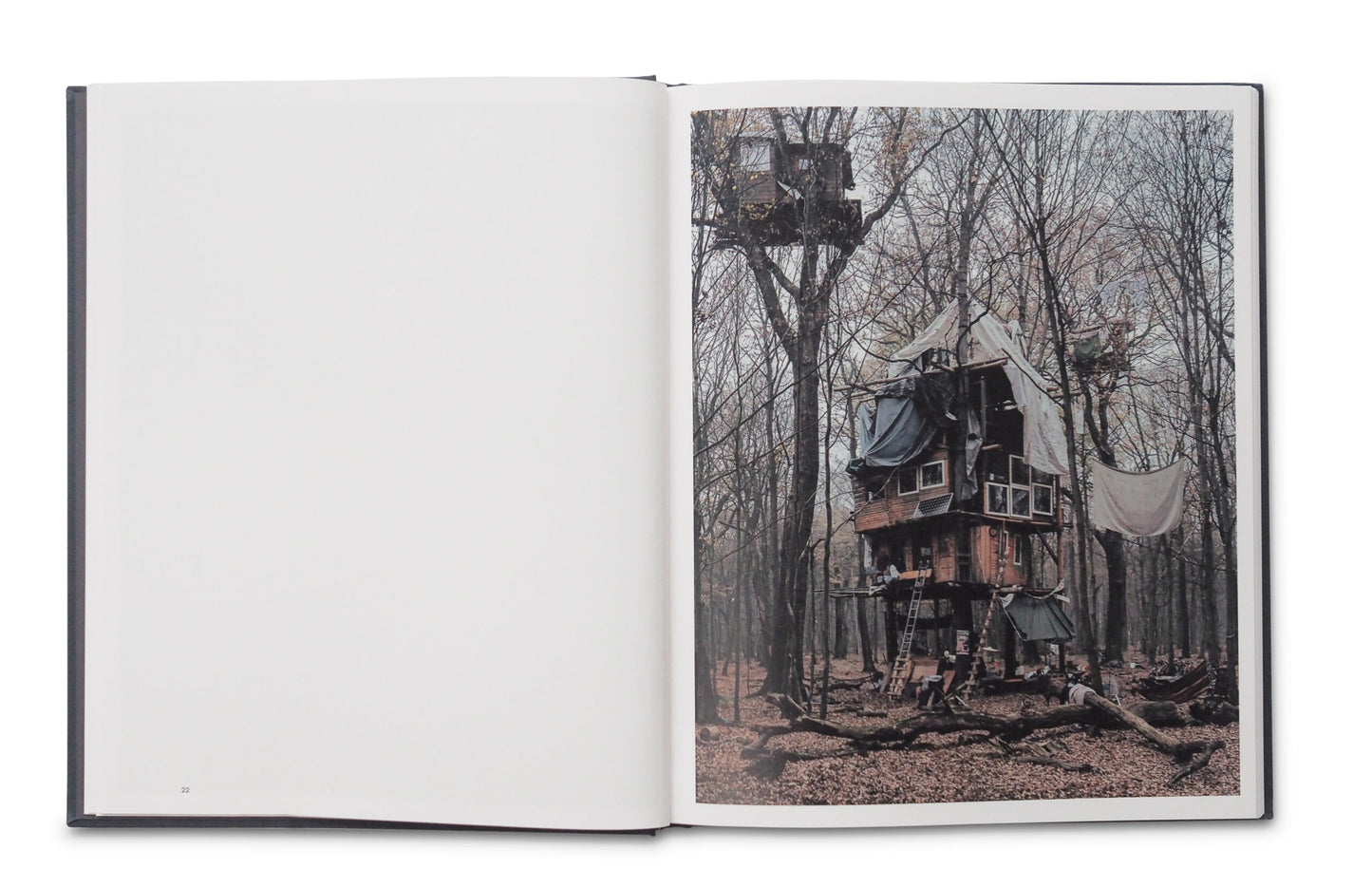
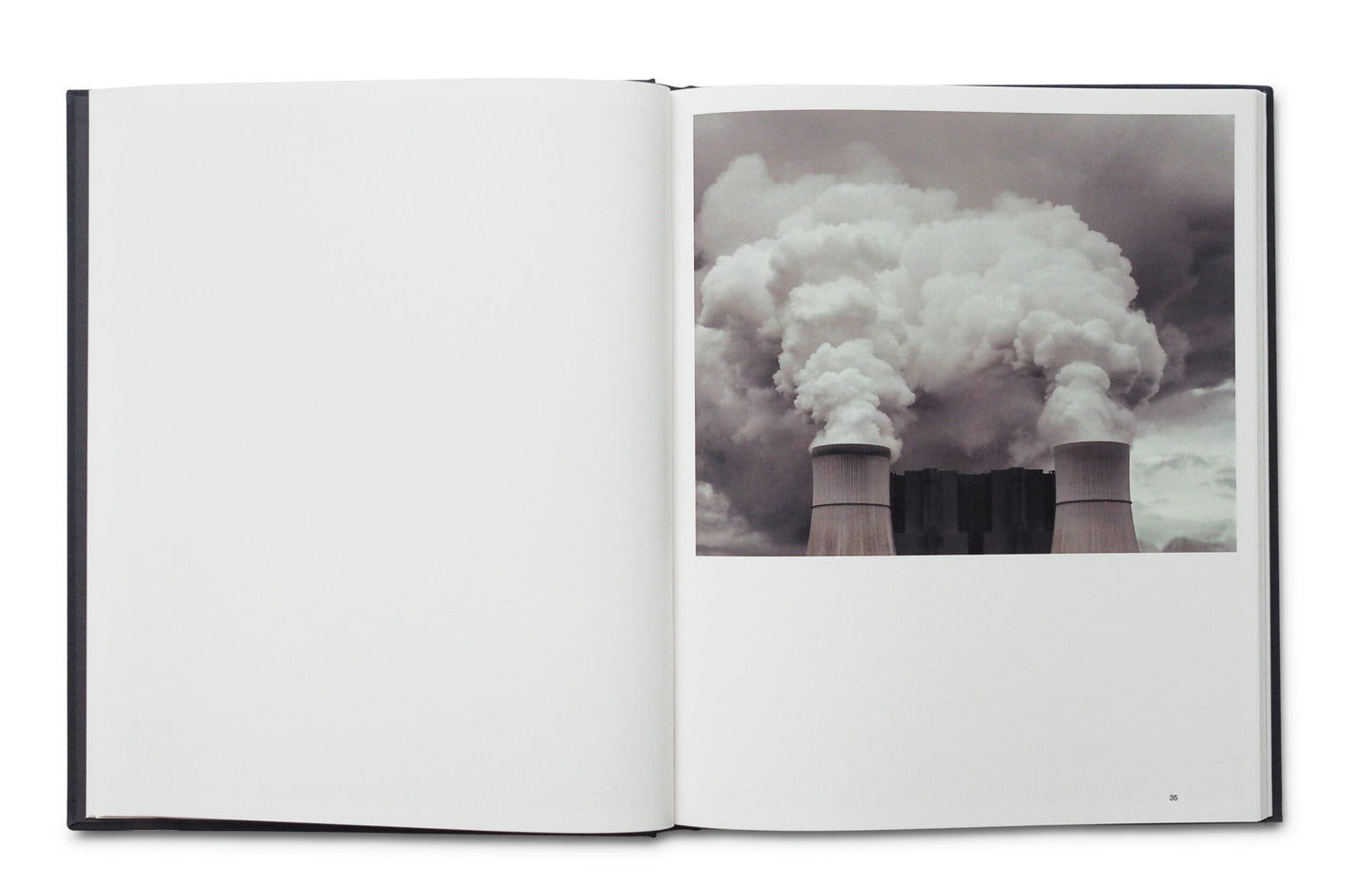
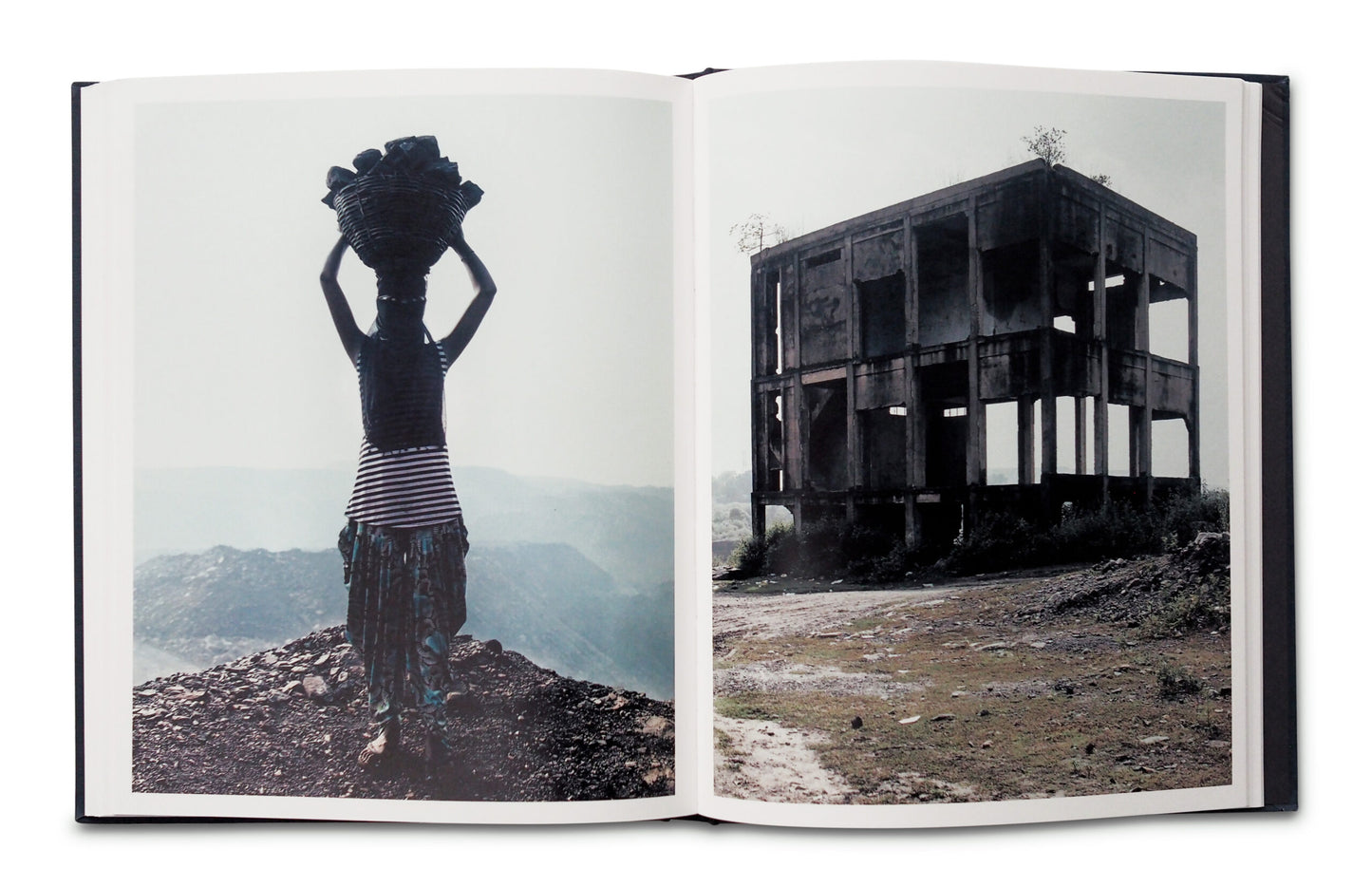
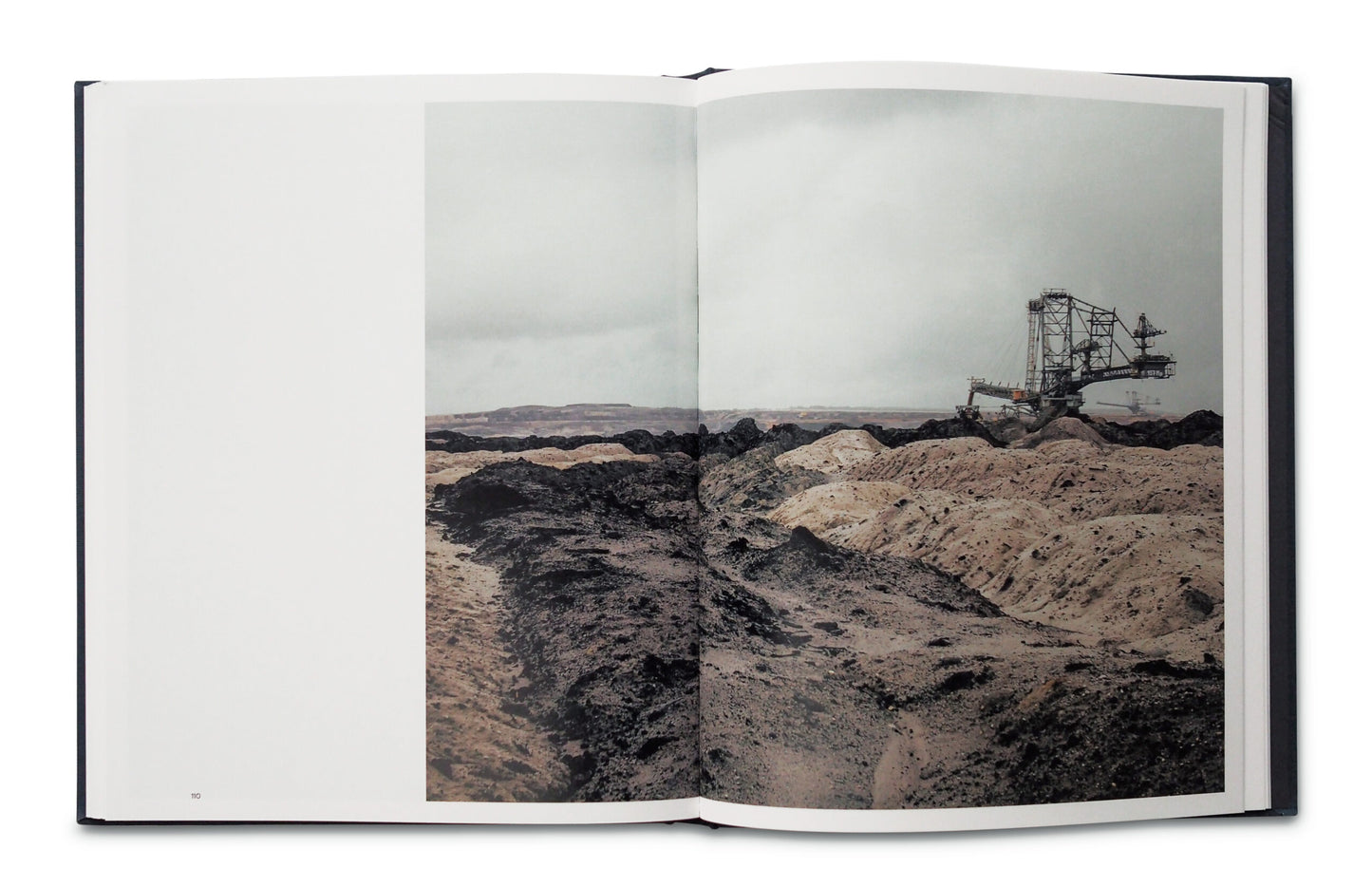
In the press
-
-
- It's Nice That

